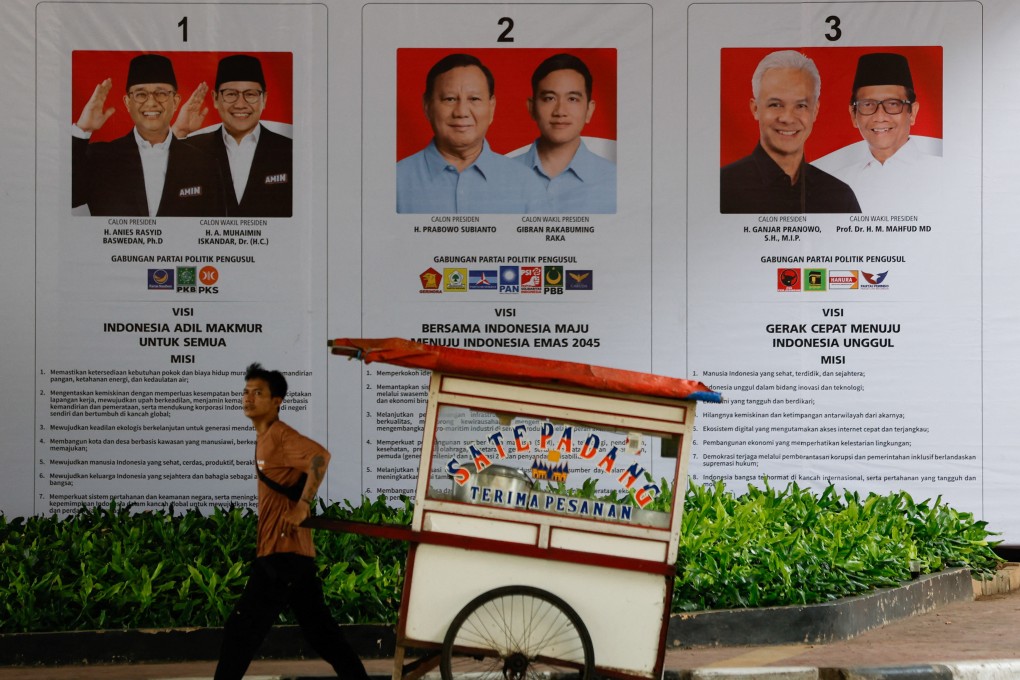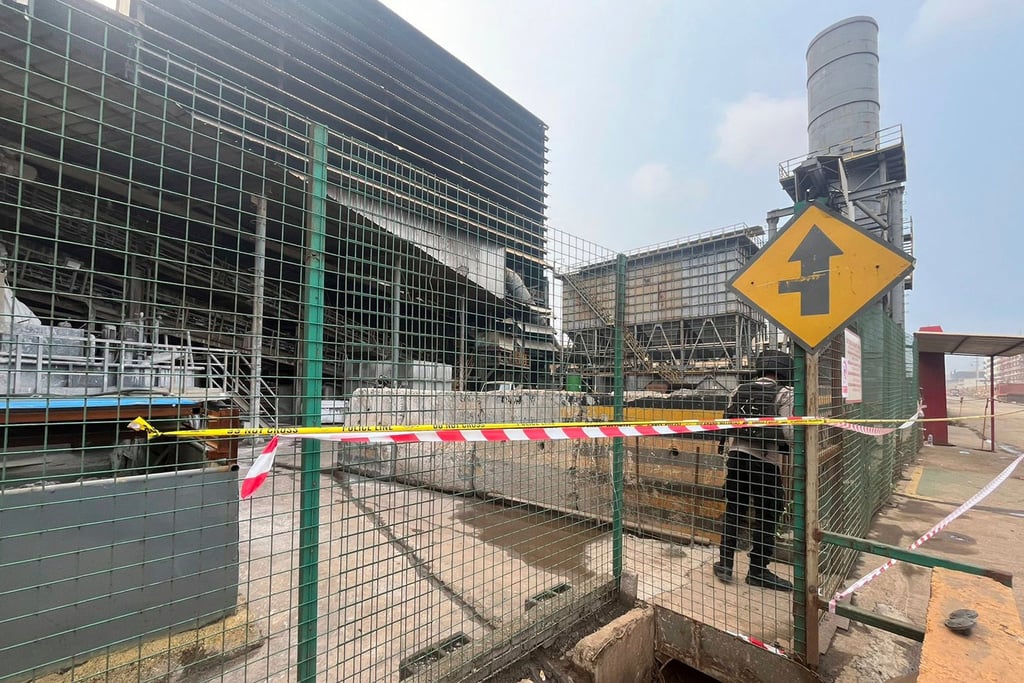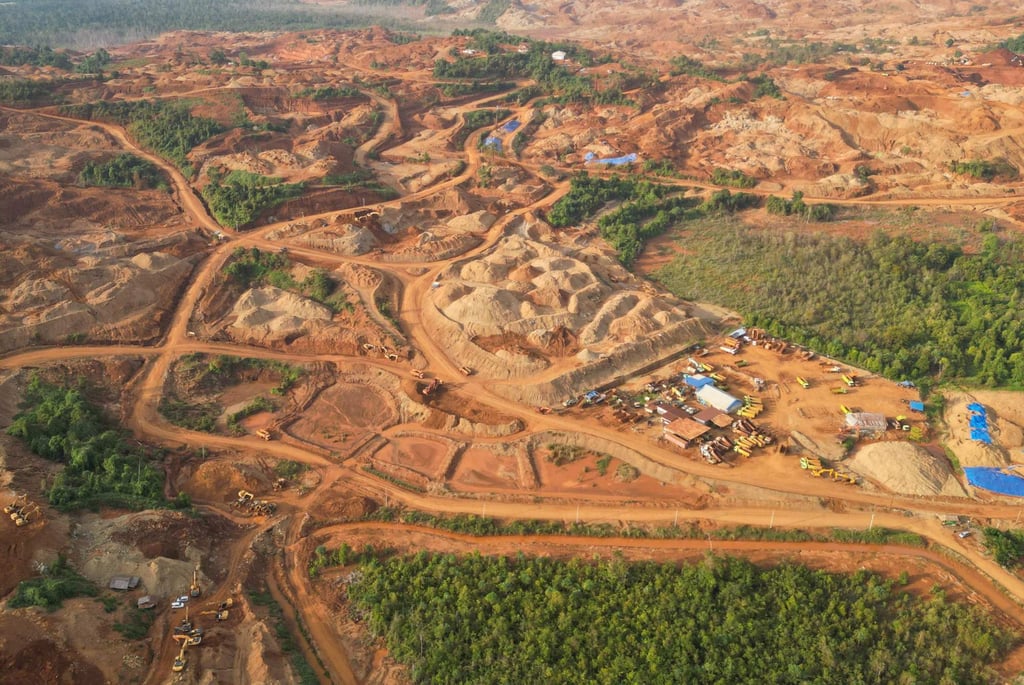Asian Angle | Will China concerns prove decisive in Indonesia’s presidential race?
- China’s growing influence in Indonesia’s nickel industry is a cause for concern amid accidents at smelters and lack of access to Western markets
- While the current and next administrations will need Chinese investment in the economy, two presidential candidates say the country needs to diversify its trade ties


Indeed, China’s growing economic influence has drawn mixed perceptions in Indonesia. As the country approaches the elections, the topic of China’s domination in the economy can become a provocative issue. In the 2019 election, opponents of Jokowi used the same issue to stir negative perceptions concerning his economic policy platform, which they said laid a “red carpet” to China. Will the same pattern happen in the coming elections?
We argue that this election may be different. First, Indonesia’s government and the next administration need more Chinese investment to support the country’s downstreaming policy, which all three presidential candidates rhetorically support, albeit in differing degrees.
The present government openly invited foreign countries to invest in the nickel processing industry, given that Indonesia needs capital and technology in this field. The United States, European Union, Japan and China responded, but Beijing, which offered more competitive prices and superior technology, ultimately won out. This decision has proved critical for Indonesia to accelerate its downstreaming policy in the nickel industry.



